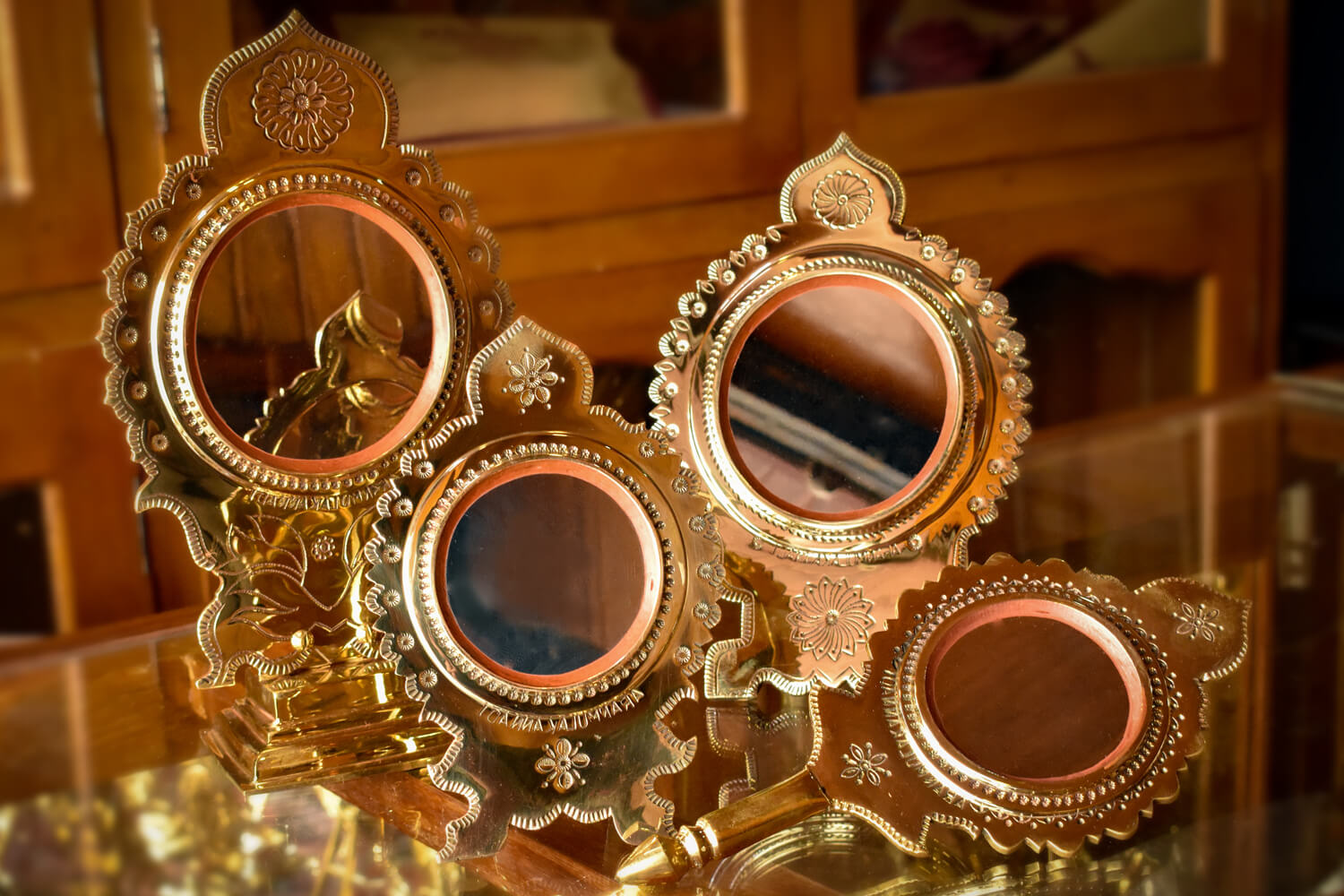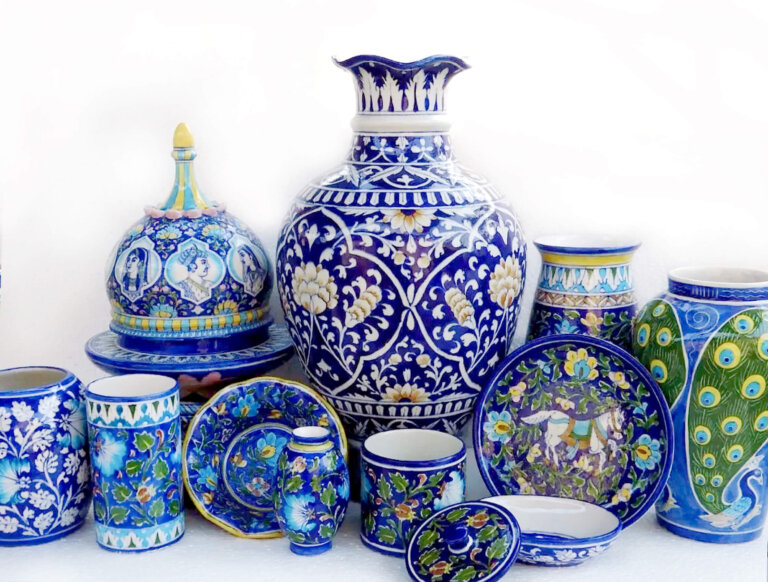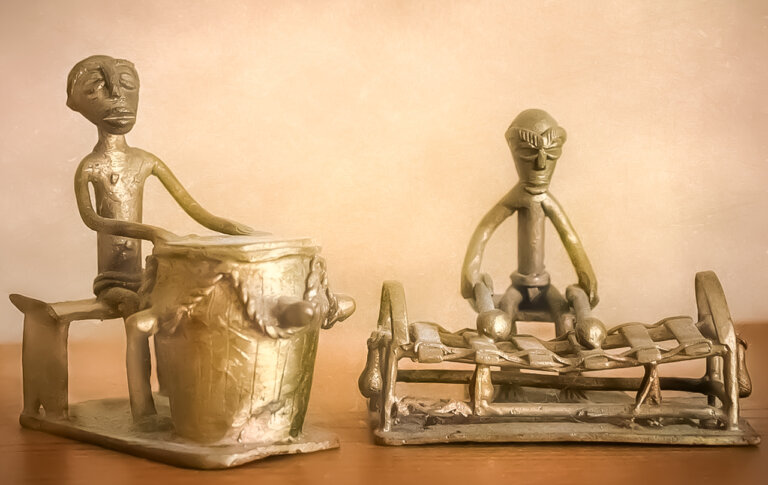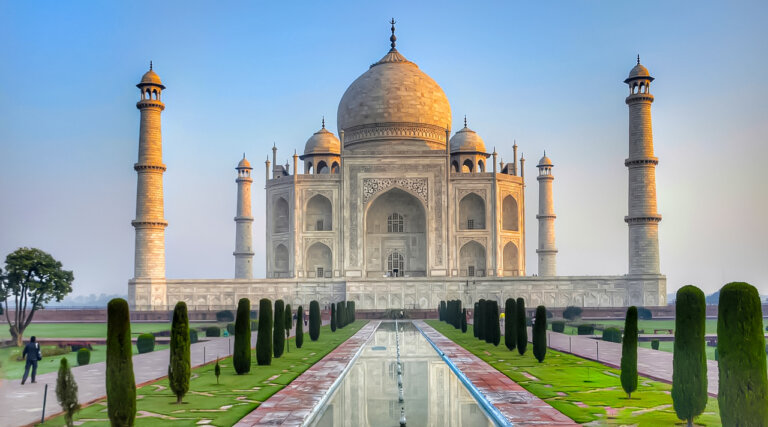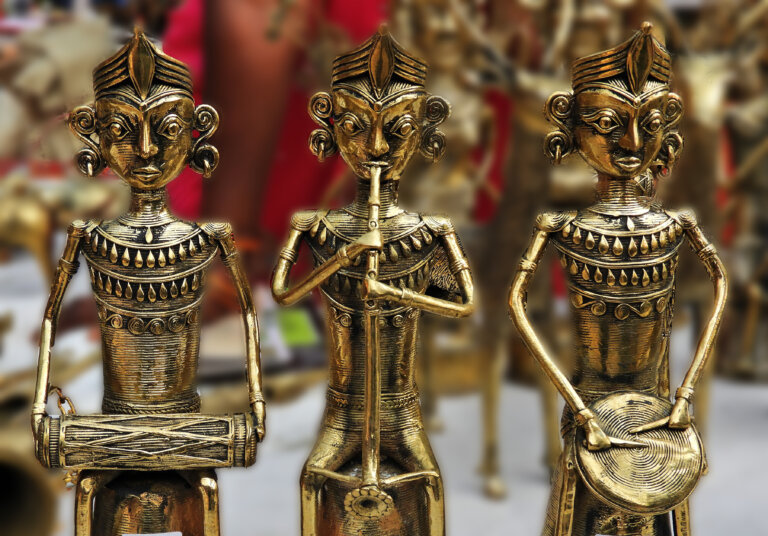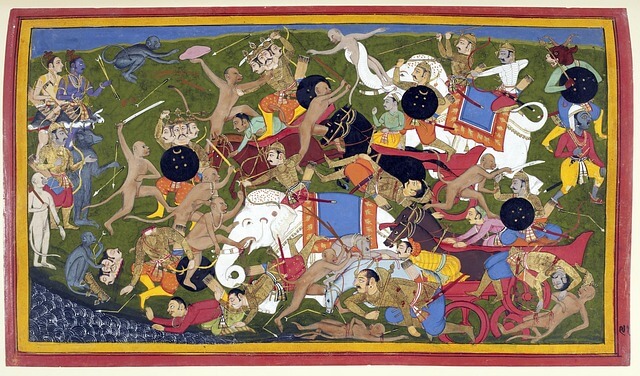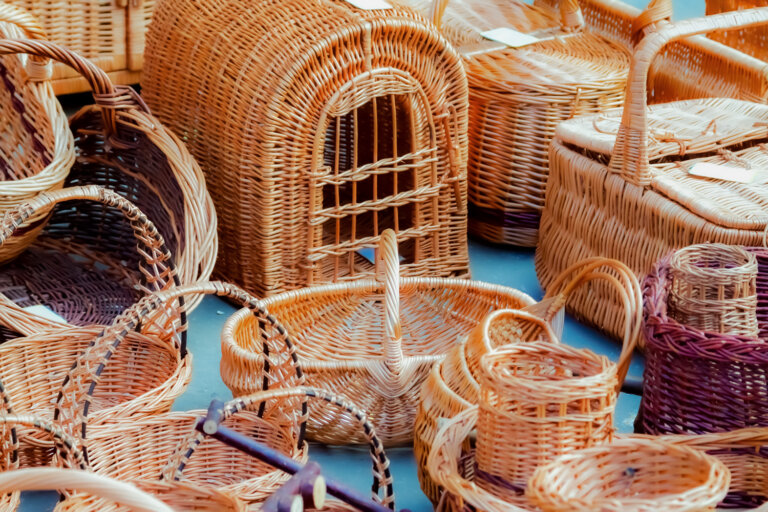Aranmula Kannadi: Unveiling The Mystical Mirror Of Kerala
Imagine a mirror that not only reflects your image but also holds within it centuries of history, craftsmanship, and enchantment. Nestled in the quaint village of Aranmula in Kerala, India, lies a hidden gem known as the Aranmula Kannadi. This captivating mirrored masterpiece has captivated hearts and minds with its mesmerizing beauty, flawless reflection, and an air of mysticism that transcends time.
The Legend Begins:
Deep within the cultural fabric of Aranmula, a divine inspiration kindled the imaginations of local artisans over 600 years ago. According to legend, Lord Krishna himself revealed the secrets of creating a mirror with a celestial reflection. Fueled by this divine vision, skilled craftsmen embarked on a journey to unlock the secrets of the cosmos and create the Aranmula Kannadi.
Crafted with Reverence:
Crafting an Aranmula Kannadi is a sacred ritual that demands precision, skill, and unwavering dedication. The artisans begin by casting an alloy of copper and tin, also known as bell metal, which imparts the mirror with its unique qualities. The surface is then meticulously polished to perfection, removing any imperfections and ensuring an unparalleled clarity of reflection. The frame of the mirror becomes a canvas for the artist’s imagination, adorned with intricate etchings and gold plating, each design telling a story or paying homage to nature’s beauty.
The Mirror’s Enigma:
What sets the Aranmula Kannadi apart from ordinary mirrors is its ability to offer a distortion-free reflection. Unlike glass mirrors that often warp or change the image, this divine creation reflects the truth of your visage, faithfully preserving every nuance and detail. Scientists and scholars have marveled at this enigma, attempting to unravel the mirror’s secrets, but the mystery continues to elude them, adding to the mirror’s allure.
Unveiling Symbolism:
The Aranmula Kannadi transcends its functional purpose, embodying profound symbolism and cultural significance. In Kerala, it is revered as a symbol of prosperity, believed to bring luck, happiness, and positive energy to households. The mirror is a cherished heirloom, passed down through generations, and an auspicious gift exchanged during weddings and celebrations. At the Aranmula Parthasarathy Temple, the mirror plays a central role in religious rituals, accentuating its spiritual importance.
Preserving the Magic:
In an era of mass production and waning traditional craftsmanship, the survival of the Aranmula Kannadi faces challenges. Yet, a glimmer of hope shines through as various initiatives arise to protect and promote this cultural gem. Government support, non-profit organizations, and local communities are banding together to preserve the art, providing training, financial assistance, and platforms for showcasing the artisans’ creations. Through these collective efforts, the legacy of Aranmula Kannadi can continue to thrive and captivate generations to come.
The Aranmula Kannadi stands as a testament to the ingenuity, artistry, and timeless traditions of Kerala. Its allure lies not only in its flawless reflection but also in the stories woven within its frame, carrying the weight of centuries-old legends and the spirit of a vibrant culture. As we delve into the captivating world of Aranmula Kannadi, let us embrace its mysteries, preserve its magic, and appreciate the magnificence that arises from the union of human craftsmanship and divine inspiration.
The Aranmula Kannadi and a regular mirror may seem similar at first glance, but there are some key differences that set them apart:
- Craftsmanship: Aranmula Kannadi is meticulously handcrafted by skilled artisans using a specific casting and polishing process. On the other hand, regular mirrors are mass-produced using modern manufacturing techniques.
- Reflection: Aranmula Kannadi provides a distortion-free reflection, while regular mirrors often have slight distortions or warping that can alter the image.
- Materials: Aranmula Kannadi is made from a unique copper-tin alloy known as bell metal, while regular mirrors typically consist of a glass sheet coated with a reflective layer.
- Symbolism: Aranmula Kannadi holds cultural and religious significance in Kerala, believed to bring prosperity and positive energy. Regular mirrors, though functional, do not carry the same symbolic weight.
- Artistic Design: Aranmula Kannadi is often adorned with intricate etchings and gold plating on its frame, showcasing the artistic flair of the craftsmen. Regular mirrors typically have simpler, utilitarian designs.
- Historical Legacy: Aranmula Kannadi boasts a rich history spanning over 600 years, with its creation deeply rooted in local legends and traditions. Regular mirrors do not carry the same historical significance.
These distinctions make the Aranmula Kannadi a unique and cherished cultural artifact, prized for its craftsmanship, reflection quality, and cultural symbolism, setting it apart from ordinary mirrors.

